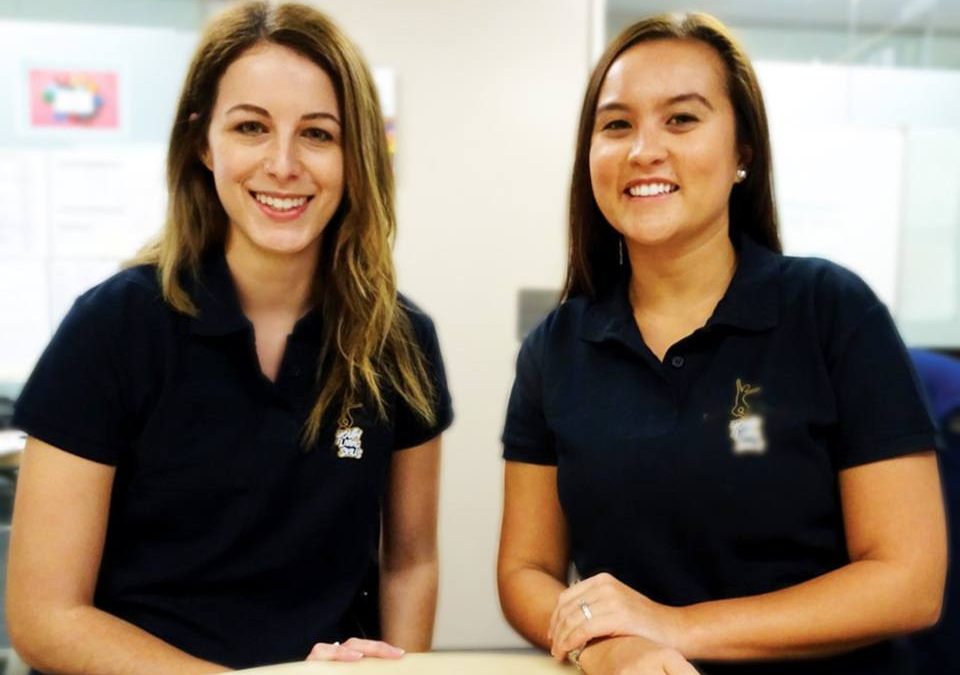The importance of social skills
As humans, we are highly sociable and rely on social skills to engage and communicate with one another. This includes both verbal and non-verbal communication, such as use of language, personal appearance, body language and facial expressions. Indeed, adequate social skills are an essential facet of a person’s personality and behaviour. Below are some recognizable advantages to having effective social skills.
– Improved communication: This includes the use of one’s voice, use of language (e.g. being able to utilise appropriate language in a given social context) and the fundamental ability to convey one’s ideas and thoughts to others.
– Ability to form relationships: Humans are highly sociable, and it is important to be able to identify with peers and participate within our community. The capacity to develop meaningful relationships with others is critical to both personal and professional aspects of one’s life. Other important concepts such as empathy and resolving conflict are also forged through social skills.
– Enhanced overall happiness: Being able to interact with others in a socially appropriate and purposeful way generally leads to increased satisfaction in one’s life, as being able to relate with others and forge important connections cultivates greater confidence, feelings of self-worth and a sense of belonging.
For children, it is meaningful that their social skills are honed as early as possible, as these are lifelong skills that will help shape their future.
Difficulties with social skills
Some children may have issues with social interaction and have poor ability to connect with others. Possible signs that a child may have issues with social skills include:
– Poor or fleeting eye contact
– Unable to take turns in conversation
– Poor manners in conversation (e.g. failing to use appropriate greetings)
– Interrupting others while they are speaking
– Showing poor interest when other people are talking
– Failing to ask appropriate or expected questions
– Poor ability to gauge other people’s feelings using verbal and non-verbal communication (e.g. facial expressions, body language)
– Awkward or inappropriate body language during engagement with others, e.g. stands too close to the other person)
– Being too literal and failing to grasp jokes or sarcasm
– Displaying poor imaginative thought
– Displays awkward or inappropriate tone of voice, speed, rhythm or pitch in his/her speech
– Does not try to clarify with others if they are not properly understanding or confused about something
Deficits in the area of social skills can commonly also be accompanied by issues in other areas, such as:
– Behavioural issues, e.g. yelling in demand for attention, refusal to go to school or engage in social activities
– Impaired executive functioning skills
– Poor concentration
– Displaying poor academic performance
– Communication difficulties in receptive or expressive speech and language, fluency and articulation of speech or use of voice
– Difficulties regulating emotions
Occupational Therapy (OT) and social skills
A child who is struggling with social skills may be referred to an OT for therapy. The OT will first meet with the child and their parents/carers and learn as much as possible about all aspects of the child’s life and medical history (if applicable). Therapeutic strategies will then be developed that are unique to the child’s needs. Below are some ways that an OT can work with the child and their family to improve social skills:
– Play therapy can help the child develop skills such as divided attention, cooperating with others and taking turns
– Teaching the child about recognising emotions – both their own and emotions of others
– Teaching the child about empathy, i.e. how others might feel or behave in certain situations
– Engaging the child in social skills groups
– Developing visual cues for the child for particular topics, e.g. appropriate greetings, how to start conversations or introduce themselves

